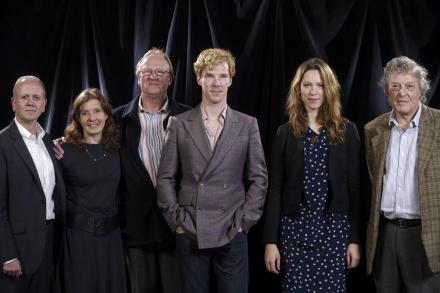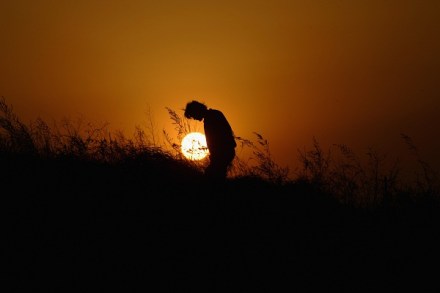Herring Way (15th Hole, 321 yards)
More from BooksWhere the golf course curls along the sea’s granite edge and wholesome turf seeps around outcrops of dark rock, a modest drive is required to carry beyond a deep gully reaching into the heart of a succinct and slender fairway. A poorly struck ball can leap between knobs of stone before, occasionally, being tossed just




















